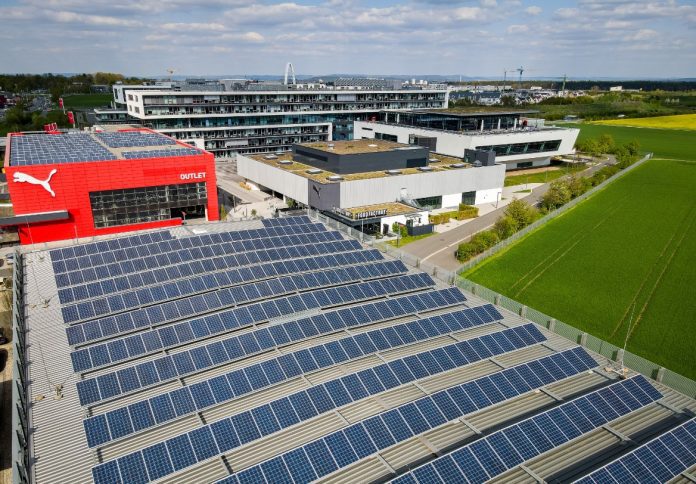
Sportswear company PUMA has announced that it achieved its target of making nine out of ten products from recycled or certified materials in 2024, according to its latest sustainability report.
The milestone marks a significant step forward in the company’s efforts to reduce its environmental impact, having originally set the goal in 2021, PUMA said in a news release.
The report highlights that PUMA increased its use of materials with a lower environmental footprint, including 13 per cent recycled cotton and approximately 75 per cent recycled polyester fabric in its product lines during 2024.
The company credited its early achievement to collaboration across teams and partnerships with manufacturers.
“Reaching our goal of 9 out of 10 products one year ahead of schedule is a testament to the great teamwork of everybody involved at PUMA and our manufacturing partners,” said Maria Valdes, chief product officer at PUMA.
She added that the company would continue to seek ways to further reduce its environmental footprint as part of its broader Vision 2030 sustainability goals.
The report also noted progress in PUMA’s textile-to-textile recycling initiative, RE:FIBRE. The program, which uses industrial and post-consumer textile waste as raw materials, accounted for 13.9 per cent of polyester used in the company’s apparel products this year.
In terms of climate impact, PUMA reported a 17 per cent reduction in greenhouse gas emissions related to purchased goods and services from 2017 to 2024.
Emissions from its own operations have dropped by 86 per cent over the same period, with contributing factors including a switch to renewable electricity for all offices, stores, and warehouses, the use of Renewable Energy Certificates, an expanded electric vehicle fleet, and the installation of solar PV plants in Germany.
PUMA has committed to a 90 per cent absolute reduction in greenhouse gas emissions from its operations and a 33 per cent reduction in emissions from its supply chain by 2030, using 2017 as the baseline.
These targets align with scientific recommendations to limit global warming to 1.5 degrees Celsius above pre-industrial levels.
On human rights, the company said it has expanded training initiatives within its supply chain. Since 2021, over 290,000 PUMA employees and factory workers have participated in sexual harassment awareness training.
Additionally, the average pay at PUMA’s core suppliers in 2024, including overtime and bonuses, was reported to be 66 per cent above the legal minimum wage, a modest increase from the previous year.




















